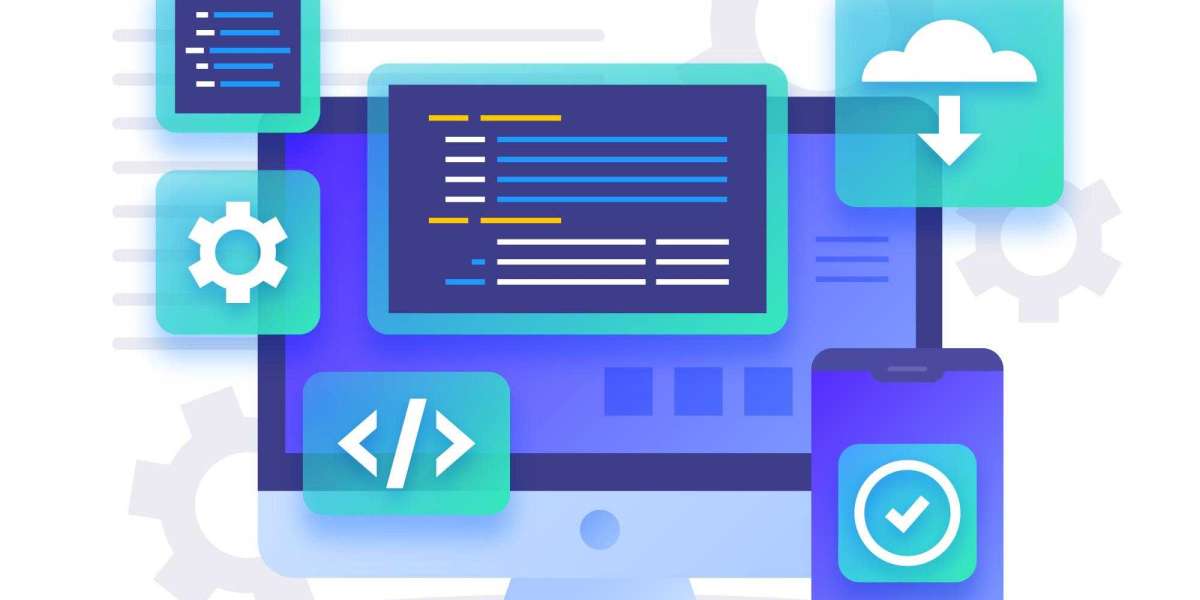Introduction
In recent years, blockchain technology has emerged as a transformative force across various industries, promising enhanced security, transparency, and efficiency in processes. Among the sectors poised to benefit significantly from blockchain's capabilities is healthcare. The integration of blockchain into healthcare systems holds the potential to revolutionize the way medical data is stored, shared, and utilized, ultimately leading to improved patient outcomes and streamlined operations.
Security and Privacy
One of the most significant challenges facing the healthcare industry is the security and privacy of patient data. Traditional centralized systems are vulnerable to breaches, putting sensitive information at risk of exposure and exploitation. Blockchain technology offers a decentralized approach to data management, where information is stored across a network of nodes, encrypted and linked in a tamper-resistant manner.
Blockchain's cryptographic principles ensure that data remains secure and immutable, reducing the risk of unauthorized access or manipulation. Each transaction or data entry is recorded on the blockchain, creating an audit trail that enhances transparency and accountability. Patients can have greater confidence in the privacy of their medical records, knowing that their data is protected by cutting-edge encryption techniques.
Interoperability and Data Sharing
Another key advantage of blockchain in healthcare is its potential to facilitate interoperability and seamless data sharing among disparate systems. Healthcare data is often fragmented across various providers, making it challenging to access comprehensive patient records when needed. Blockchain offers a standardized framework for securely exchanging data between different stakeholders, regardless of the platforms or protocols they use.
By leveraging smart contracts, which are self-executing contracts with the terms of the agreement directly written into code, blockchain enables automated processes for data sharing and consent management. Patients can maintain control over their data, granting permission to healthcare providers, researchers, or other authorized parties to access specific information for treatment, research, or other purposes. This streamlined approach not only improves the efficiency of care delivery but also fosters collaboration and innovation within the healthcare ecosystem.
Supply Chain Management and Drug Traceability
Beyond patient data management, blockchain technology has the potential to revolutionize supply chain management in the pharmaceutical industry. Counterfeit drugs pose a significant threat to public health, with millions of counterfeit medications entering the market each year. Blockchain offers a solution by providing a transparent and immutable record of the entire drug supply chain, from manufacturing to distribution to consumption.
By tracking each step of the journey on the blockchain, stakeholders can verify the authenticity and integrity of pharmaceutical products, mitigating the risk of counterfeit or substandard drugs entering the market. Furthermore, blockchain-enabled supply chain management enhances transparency and accountability, allowing regulators to monitor compliance with safety standards and regulations effectively.
Research and Clinical Trials
Blockchain technology also holds promise for transforming the landscape of medical research and clinical trials. Traditional clinical trial processes are often marred by inefficiencies, data silos, and lack of transparency, leading to delays in bringing new treatments to market. Blockchain can address these challenges by creating a decentralized platform for securely recording and sharing clinical trial data in real-time.
By using blockchain, researchers can ensure the integrity and traceability of trial data, reducing the risk of fraud or manipulation. Smart contracts can automate various aspects of the trial process, such as patient recruitment, consent management, and data analysis, streamlining operations and accelerating the pace of innovation in healthcare.
Challenges and Considerations
While the potential benefits of blockchain in healthcare are significant, several challenges must be addressed to realize its full potential. Scalability, interoperability, regulatory compliance, and data standardization are among the key considerations that stakeholders must navigate when implementing blockchain solutions in healthcare settings. Moreover, concerns related to data privacy, security, and governance require careful attention to ensure that patient rights and confidentiality are protected.
Conclusion
Blockchain technology has the potential to revolutionize the healthcare industry by enhancing security, interoperability, and transparency across various processes. From secure management of patient data to streamlined supply chain management and accelerated medical research, blockchain offers a myriad of opportunities to improve outcomes and efficiency in healthcare delivery. While challenges remain, continued innovation and collaboration among stakeholders will be essential in harnessing the full potential of blockchain to transform the future of healthcare.







